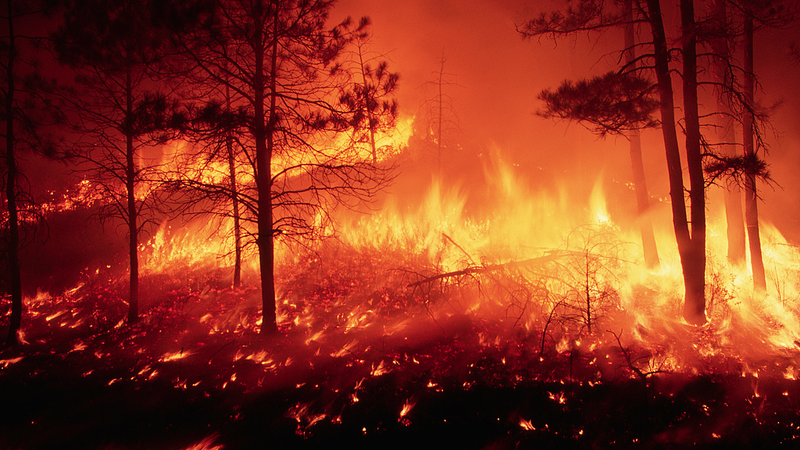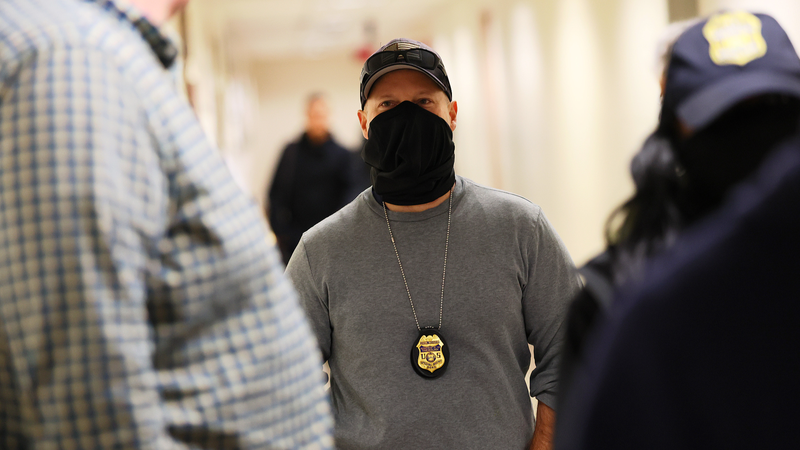Catastrophic wildfires are on the rise worldwide, with 43% of the most destructive blazes occurring in just the past decade 🔥🌎. An Australian-led study from the University of Tasmania analyzed 44 years of global disaster data and found that economic disasters related to fire have more than quadrupled since 1980, while deadly events causing 10 or more fatalities have tripled.
2018 was a wake-up call: wildfire damage peaked at a staggering $28.3 billion, five times the 44-year average. Since 1980, half of all catastrophic fire events costing over $43 billion happened in the last ten years, underscoring a worrying trend.
"These aren't just bigger fires; they're fires occurring under increasingly extreme weather conditions that make them unstoppable," says Calum Cunningham, research fellow at the Fire Centre. "We're witnessing a fundamental shift in how wildfires impact society."📈
Hotspots span the globe:
- Mediterranean-type forests in southern Europe, California, southern Australia, and Chile
- Temperate conifer forests in western North America
Half of these disasters unfolded under record-breaking fire weather, with severe fire conditions now twice as common, atmospheric dryness up 2.4 times, and severe droughts increasing 3.4 times since 1980.
As a global hotspot, Australia is leading the charge on solutions. The study calls for a blend of Indigenous fire management and modern tactics, including:
- Fuel reduction programs
- Improved building standards
- Comprehensive evacuation planning
By combining age-old wisdom with innovative approaches, communities worldwide can better adapt to a future of fiercer, more frequent wildfires 🌱🏡.
Reference(s):
cgtn.com




